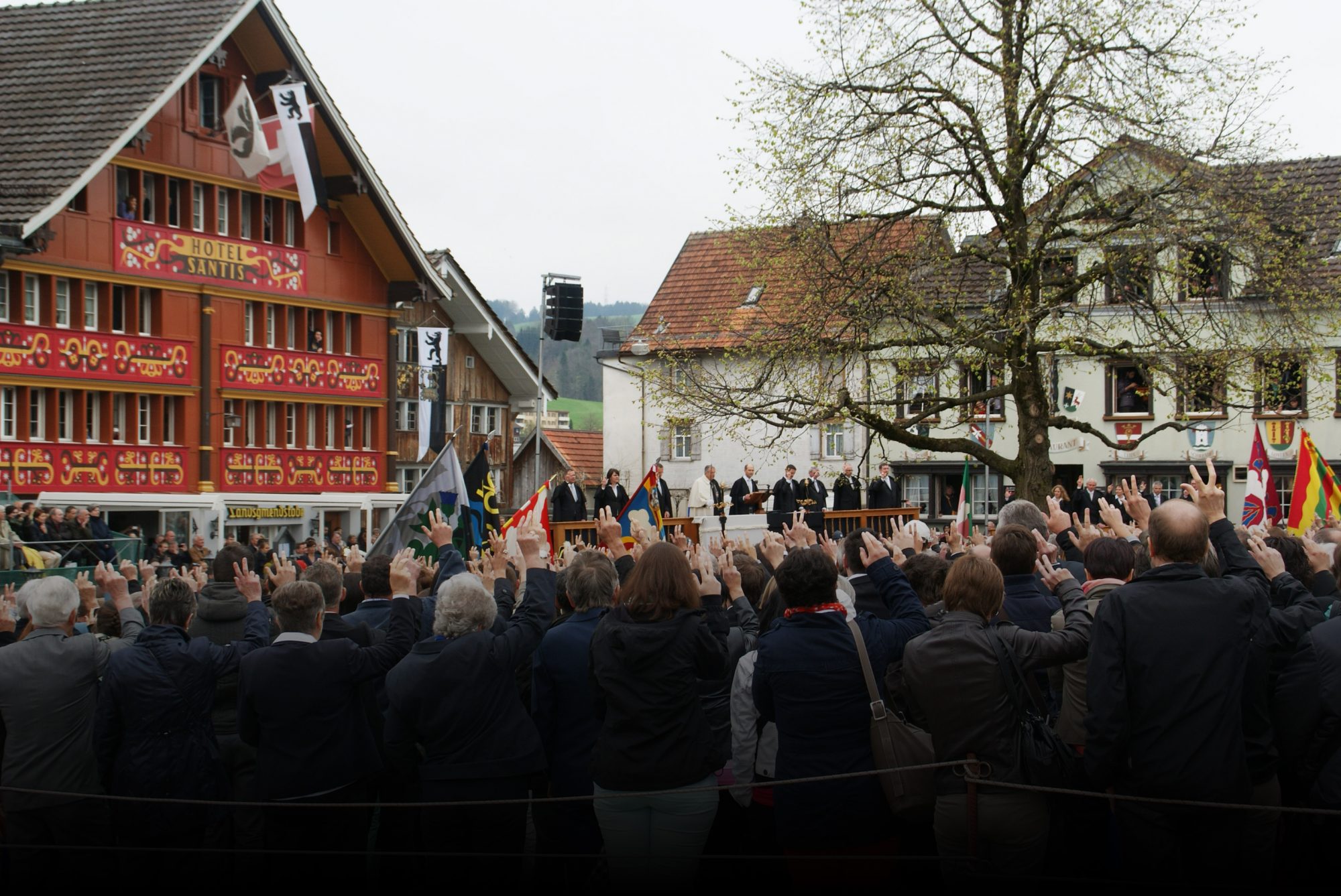On behalf of the organizers, i.e. the Faculty of Political Science and Journalism at Adam Mickiewicz University in Poznań, ‘Helvetic Initiative’ Research Group and Collegium Polonicum in Słubice, we would like to extend an invitation to partake in the discussion panel entitled
Challenges of foreign and defense policy of Switzerland
as regards the problem of neutrality in the 21st century
This panel is organized in the framework of the 15th International Academic Conference in the series “Europe of the 21st Century”, which is scheduled for February 5-6, 2015 at Collegium Polonicum in Słubice. The panel participants are mostly scientists and practitioners representing both Polish and foreign research centers as well as policy makers and other parties interested in the affairs of Switzerland and its place in the United Europe.
The main aim of the discussion panel Challenges of foreign and defense policy of Switzerland as regards the problem of neutrality in the 21st century is to look at the issue of neutrality of Switzerland in the long run in terms of its foreign and defense policy, as well as the analysis of its implications.
Since the Swiss government announced neutrality in 1813, and two years later the Congress of Vienna declared and approved the act on permanent neutrality, the Swiss Confederation has remained a neutral entity. It has certainly affected foreign and defense policy conducted by the Swiss government. During the First and Second World Wars, the Confederacy remained a neutral state. Over the years, Switzerland was outside the structures of international organizations, such as the United Nations (the Confederation joined the UN on September 10, 2002, after the decision to this effect was approved in the referendum by a minimum majority of 52% of votes), but this did not mean Switzerland’s total absence from solving international problems. From 1921 Switzerland was a member of the League of Nations, headquartered in Geneva, and since 1963 it has been a member state of the Council of Europe. Switzerland is a founding member (1960) of the European Free Trade Association. At the same time, Switzerland is one of the few countries in Western Europe that do not belong to the North Atlantic Treaty Organization and the European Union. Switzerland joined the Schengen area as one of the last countries in Western Europe.
There is no doubt that the specificity of the Swiss political system, which, among others, consists of the collegial head of state, a federal state structure and the specific role of the institutions of direct democracy, has shaped its impact on the government’s foreign and defense policy.
The aim of the panel is to answer the questions about the impact of Swiss neutrality on foreign and defense policy conducted by Switzerland and toward it. The purpose of the research is also an attempt to answer the question about the aim of the Swiss policy, in particular as regards the contemporary challenges of widely understood security.
The panel will be divided into two parts: the first one in English and the other in Polish.
You are kindly requested to fill in the conference participation application forms online, on the conference website http://europa21.edu.pl/ (tab: Formularz zgłoszeniowy) by December 23, 2014 – in the comments please write “Swiss panel”.
Kind regards,
Organizers of the panel
Magdalena Musiał-Karg, Assistant Professor
Marcin Łukaszewski, MA
Conference venue: Collegium Polonicum, 69-100 Słubice ul. T. Kościuszki 1
E-mail: europa21@inpid.amu.edu.pl
Attachments:


